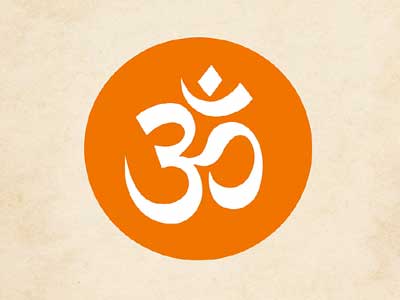India has yet to confront its soul fully, deep-rooted in Hindu philosophy, yet constitutionally declared ‘secular’. This label, inserted during the emergency era of 1975, was intended to symbolise impartiality but instead became a tool of political appeasement. The moment has come to remove this mask and embrace our true identity.
Says public commentator Prof Paras Nath Choudhary, "In 1947, when India was divided, the division was drawn sharply on religious lines. Pakistan openly embraced an Islamic identity, but why has India hesitated to acknowledge its eternal, Sanatan nature? In the pursuit of a modern image and superficial neutrality, we have buried our cultural roots. But history calls us back, the soul of India lives only in the wisdom of Hindu thought."
Read in Hindi: अपनी सनातन पहचान को गले लगाने का आ गया है समय
This profound philosophy teaches us timeless values, “Duty before rights,” “Truth resides in all faiths,” and “The world is one family”, i.e. Vasudhaiva Kutumbakam. These ideals have united this diverse land for centuries.
Hinduism is not fanaticism; it is a way of life that honours multiple paths leading to the same truth. To call India a Hindu nation is not to dominate but to honour the soul that gave birth to Buddha, Mahavira, Guru Nanak, and Vivekananda; the soul that welcomed Parsis, Jews, and practitioners of every faith. This generosity, this tolerance, defines India’s essence, according to social scientist TP Srivastava.
Yet, under the banner of ‘secularism’, the majority has been made to feel guilty, and expressions of cultural pride are stifled. Patriotism itself has been met with suspicion. It is time to break free from this mental imprisonment. Declaring India a Hindu nation is not an act of exclusion; it is an effort to harmonise the soul of the Constitution with the nation’s true spirit.
Dr Devashish Bhattacharya says, "India’s idea was not imported. It was born in the Vedas, nurtured in the Upanishads, refined in the Gita, and blossomed over millennia. Calling India a Hindu nation is less a new declaration than a reclaiming of self-awareness, i.e. Atma-bodh. The echoes of the Vedas resonate in its soil, its rivers murmur the Puranas’ stories, and its air carries the message of sacrifice, penance, and compassion. The time has come for India to return to its roots, boldly, without hesitation."
This is the nation’s soul, its power to unite. Hindutva is more than religion; it is a cultural consciousness that merges diverse streams into a Maha-Sangam, the great confluence.
When secularism becomes appeasement rather than equality, it threatens national unity. India faces this danger today. The exodus from Kashmir, the prolonged battle over Ram Mandir, and silence on a Uniform Civil Code all reveal the scars of this flawed secularism, a shadow of colonial ‘divide and rule’ that weakened India’s soul.
Declaring India a Hindu nation is a call for welfare and justice for all. It stands for governance rooted in righteousness, compassion, justice, and equality. This declaration will reforge the emotional unity that has bound India for centuries. Now is the moment to embrace the truth: India’s heartbeat is Hindu, its foundation Hindu, its soul eternal, i.e. Sanatan. This land has always been Hindu, and forever will be.
















Related Items
India’s ‘Unique’ Journey as a Republic…
India rises as a ‘Global Medical Travel Destination’
A social revolution India has been waiting for…